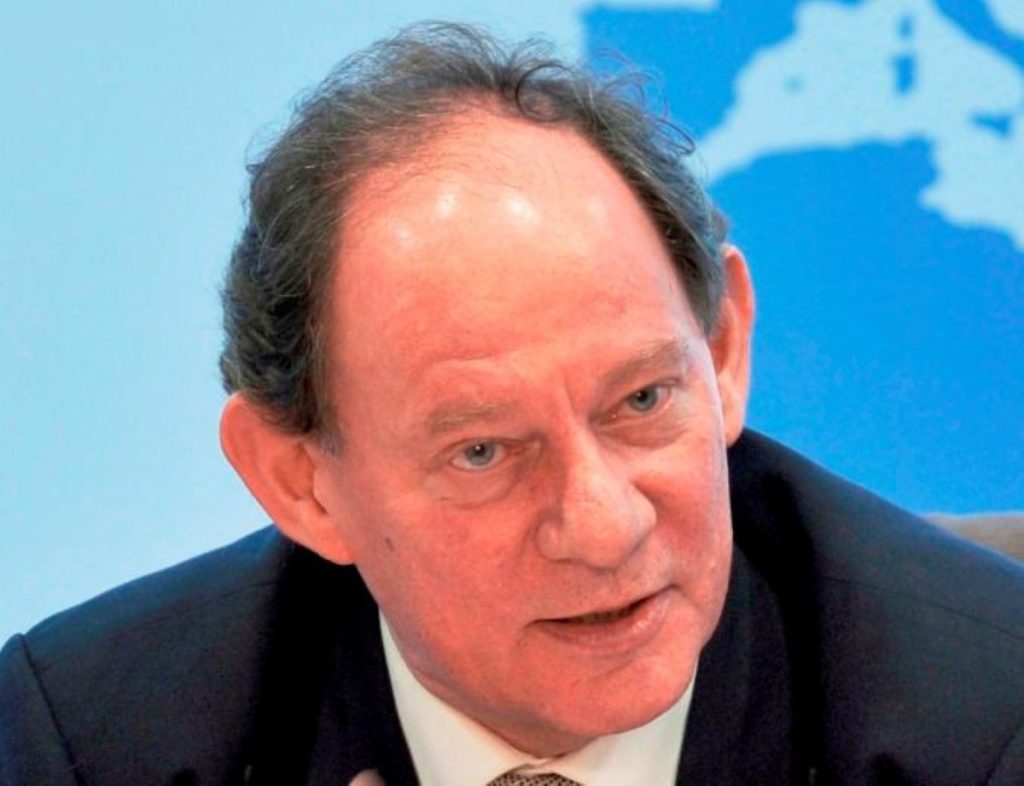Comment: EU blackmail could be prelude to another U-turn
By Edward McMillan-Scott MEP
Reactions from the EU community in Brussels to the speech delivered by David Cameron were on hand plentifully at a royal palace reception hosted by King Albert. They ranged from "blackmail" to "some sensible suggestions". No-one wants the nervous tension of a five-year British "existential crisis" – as Chris Patten would describe it – on top of the continuing drama in the eurozone.
EU commissioners and senior MEPs were quite clear: some had seen excerpts of the speech (broadcast at the same time as the Commission's weekly meeting) or read it; some had been briefed in advance by the British ambassador in the usual Foreign Office softening-up process.
As the senior Brit at the gathering, my views were canvassed by many. I said that offering an in-out referendum on EU membership was the final capitulation to the growing euroscepticism which caused me to leave the Conservative party and join the Liberal Democrats. I added that, in reality, Cameron's new referendum pledge may result in nothing more than another U-turn if he is re-elected as prime minister. It does, however, make a continuation of the present coalition practically impossible after the general election, if not before.


We now face the prospect of several years of wrangling between and within our parties because of Cameron's weakness and lack of leadership. As Nick Clegg has reacted, we face "years of grinding uncertainty because of an ill-defined, protracted renegotiation of Britain's status within the European Union". My political career began as an activist in the cross-party 'yes to Europe' campaign in 1975. The Tory leader at the time – and love her or loathe her she was a leader – Margaret Thatcher was then a committed pro-European, even sporting a jumper emblazoned with European flags.
The 'Ukip tendency' in the Tory parliamentary party took root then, led by Enoch Powell and a handful of backbenchers like Neil Marten. It was easy for the pro-Europeans to portray them as extremists, especially since they made common cause against the common market with left-wingers like Anthony Wedgwood Benn and Arthur Scargill. Today's euroscepticism is more mainstream and careful, as exemplified by Cameron's speech, but no less pernicious.
Cameron's previous U-turn came in November 2009, while in opposition, two years after he wrote an article for the Sun, saying: "Today, I will give this cast-iron guarantee: If I become PM a Conservative government will hold a referendum on any EU treaty that emerges from these negotiations. No treaty should be ratified without consulting the British people in a referendum."
His latest speech offering a referendum has the added credibility that he is prime minister. Perhaps the most significant aspect of the event at Bloomberg's London HQ was Cameron's refusal to acknowledge to media questions that he would be as prepared to campaign for a 'no' in a referendum as for a 'yes'. He blandly stated that Britain would be "better off in a changed EU", referring not only to his Harold Wilson-style "renegotiation" but also to the more federalised eurozone structures to come. Many serious people are beginning to feel that a changed EU would be better off without Britain.
Edward McMillan-Scott is a Liberal Democrat MEP for Yorkshire and Humber and a former Conservative politician. He is European parliament vice-president for democracy and human rights and transatlantic relations.
The opinions in politics.co.uk's Comment and Analysis section are those of the author and are no reflection of the views of the website or its owners.

